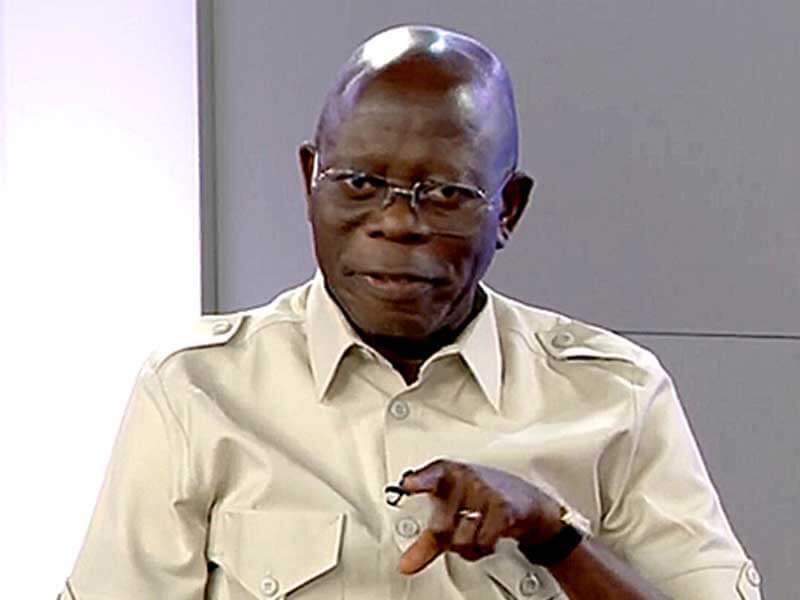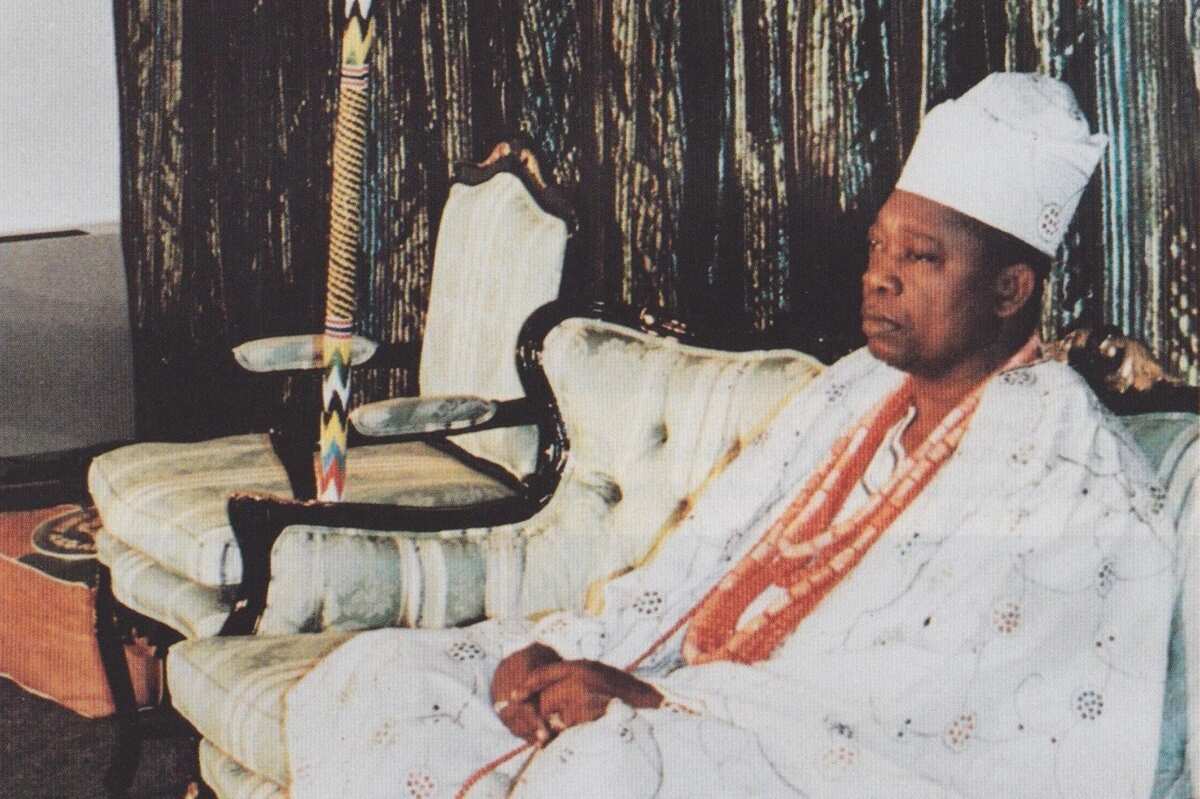June 12: The Untold Story Of Nwosu And Abiola’s Unfulfilled Mandate

Senator Adams Oshiomhole Speaks Out on the Historic 1993 Election
In a candid conversation on Channels Television's Politics Today, Senator Adams Oshiomhole, representing Edo North, revealed a startling truth about the infamous annulment of Nigeria's June 12, 1993, presidential election. The former Edo State Governor recounted how late Professor Humphrey Nwosu, then Chairman of the defunct National Electoral Commission (NEC), was explicitly instructed to declare Chief MKO Abiola as the rightful winner of the election. Yet, inexplicably, he chose not to act on that directive.
What Could Have Been: A Nation’s Missed Opportunity
Oshiomhole emphasized that had Nwosu followed through with declaring Abiola the winner, it wouldn’t have spelled doom for the nation. Instead, it might have set Nigeria on a path toward genuine democracy. "The heavens wouldn’t have fallen," Oshiomhole passionately argued. He pointed out that the worst-case scenario would have been Nwosu’s imprisonment by the military regime under General Ibrahim Babangida. But even then, the law was on Nwosu’s side, as he was merely fulfilling his constitutional duty.
Naija News reports that during the program, Oshiomhole delved deeper into Nwosu’s role in the annulment saga. He lamented the fact that Nwosu, despite being a highly educated individual with a background in political science, lacked the courage to stand firm in the face of pressure from the military junta. "He failed," Oshiomhole stated bluntly. "He didn’t rise to the occasion. He could have done better."
Read also:Celebrity Homes And Cars Where The Rich And Famous Live And What They Drive
Why Courage Matters in Leadership
Reflecting on the situation, Oshiomhole posed a critical question: "If Nwosu had declared Abiola the winner, what would have happened? At best, they might have detained him. But how do you detain someone who has followed the law enacted by the very same military government?" It’s a poignant reminder that leadership often requires more than just intellect—it demands moral fortitude and the willingness to take bold actions when necessary.
Oshiomhole went on to highlight the irony of the situation: "We told Nwosu, ‘You’ve organized this election all the way up to the presidency. Why wouldn’t you take the final step and declare the winner?’ Instead, Abiola had to proclaim himself the winner, pursuing a mandate that was rightfully his. And here’s the kicker—Abiola wasn’t a militant or a political scientist. He was a businessman, yet he showed enough courage to declare, ‘I won this election.’"
Concluding his remarks, Oshiomhole expressed frustration over the missed opportunity. "If a businessman like Abiola could summon the courage to stand up for what was right, surely someone with a background in political science should have been able to do the same—or even better," he said. The sentiment underscores the importance of leaders stepping up during pivotal moments in history, regardless of the risks involved.
As Nigeria continues to grapple with its complex political past, the lessons from the June 12 election remain relevant. They serve as a reminder that true progress often hinges on the bravery and integrity of those in positions of power.
Nottingham Forest's Ola Aina Faces Uncertain Return Amid Injury Concerns
CBN Clarifies False Reports About ₦5,000 And ₦10,000 Banknotes
Senate President Akpabio Hits Back At Ex-Senator Abbo's Criticism: What Really Happened?


